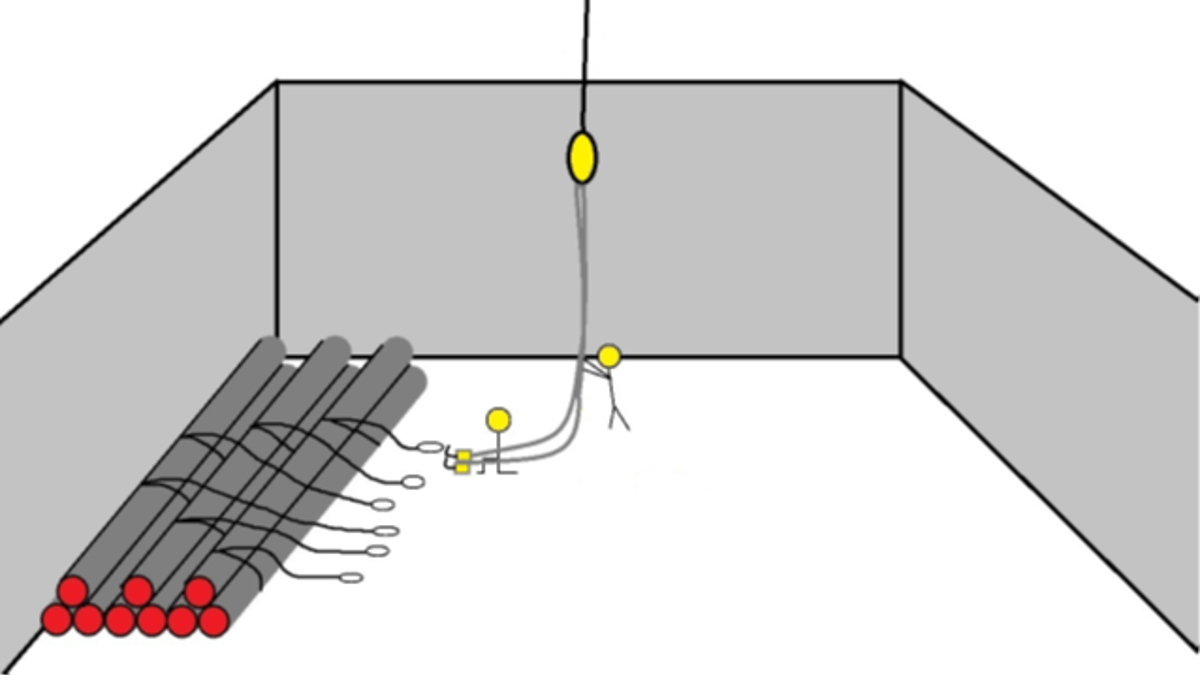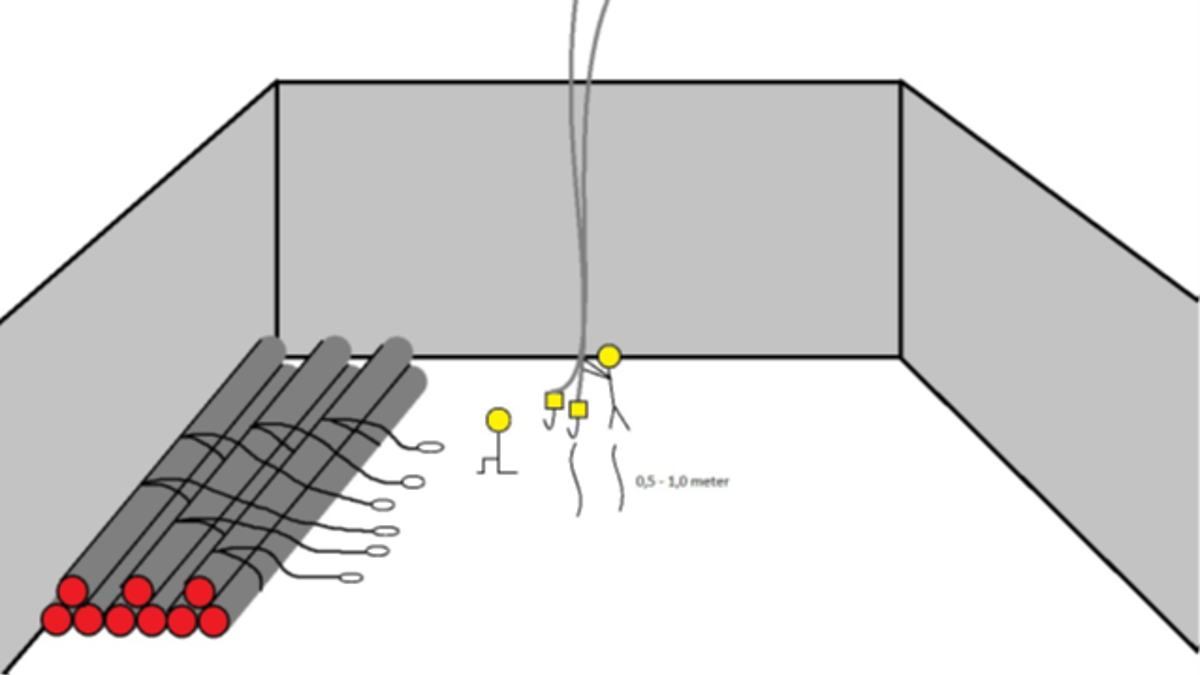LTI during deck cargo operations
- Safety Flash
- Published on 8 April 2021
- Generated on 5 March 2026
- IMCA SF 10/21
- 2 minute read
Jump to:
A crew member was seriously injured while pipe bundles were being lifted by crane from the vessel onto a fixed structure
What happened?
The incident occurred while lifting pipe bundles from the vessel onto a fixed structure. Two crewmen were ready to hook on the first pipe bundle after starting their shift at the stern of the vessel. The crane hook came down and one person secured the wires, and the other was getting the slings ready to hook onto the two hooks.
A sudden heaving of the vessel caused the distance from the crane to deck to increase. The injured person saw the hooks moving away and automatically tried to secure the wire whilst at the same time checking to if his colleague was clear of the hooks. It only took a second and he found himself around almost a metre up in the air before letting go of the wire. Unfortunately he landed badly and injured his right foot.
What went wrong?
The investigation uncovered no breach of procedure nor clear unsafe indicators that caused or led up to the incident. The crew were well aware of the weather but did not specifically discuss the risk of holding onto the wires should something go wrong.
What caused the incident?
Sea conditions caused movement of the vessel relative to the crane on the fixed installation. The injured person automatically held onto the wires.
Lessons learned
- Expect the unexpected: The toolbox talk and risk assessment process can be used to discuss mental preparation – how do we respond to an unplanned occurrence?
- Consider what our automatic or “instinctive” responses are. Are they the safest responses?
Related Safety Flashes
-
IMCA SF 27/20
15 September 2020
-
-
IMCA SF 05/20
13 February 2020
-
IMCA Safety Flashes summarise key safety matters and incidents, allowing lessons to be more easily learnt for the benefit of the entire offshore industry.
The effectiveness of the IMCA Safety Flash system depends on the industry sharing information and so avoiding repeat incidents. Incidents are classified according to IOGP's Life Saving Rules.
All information is anonymised or sanitised, as appropriate, and warnings for graphic content included where possible.
IMCA makes every effort to ensure both the accuracy and reliability of the information shared, but is not be liable for any guidance and/or recommendation and/or statement herein contained.
The information contained in this document does not fulfil or replace any individual's or Member's legal, regulatory or other duties or obligations in respect of their operations. Individuals and Members remain solely responsible for the safe, lawful and proper conduct of their operations.
Share your safety incidents with IMCA online. Sign-up to receive Safety Flashes straight to your email.

